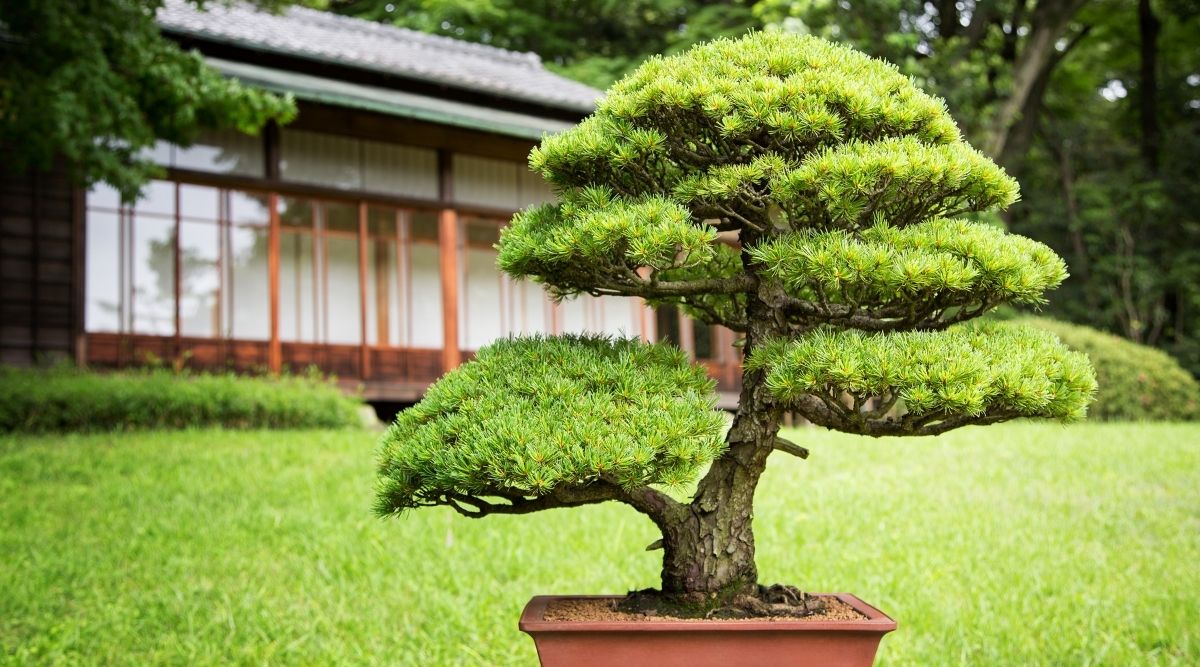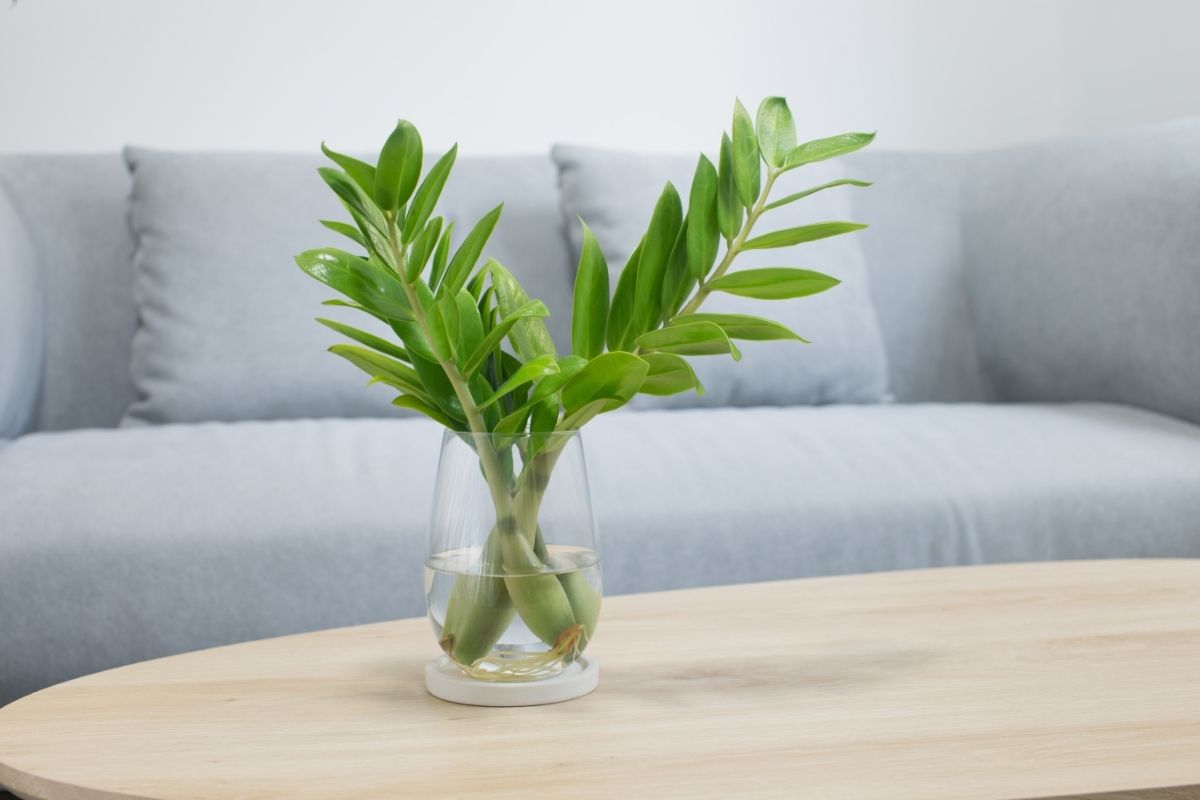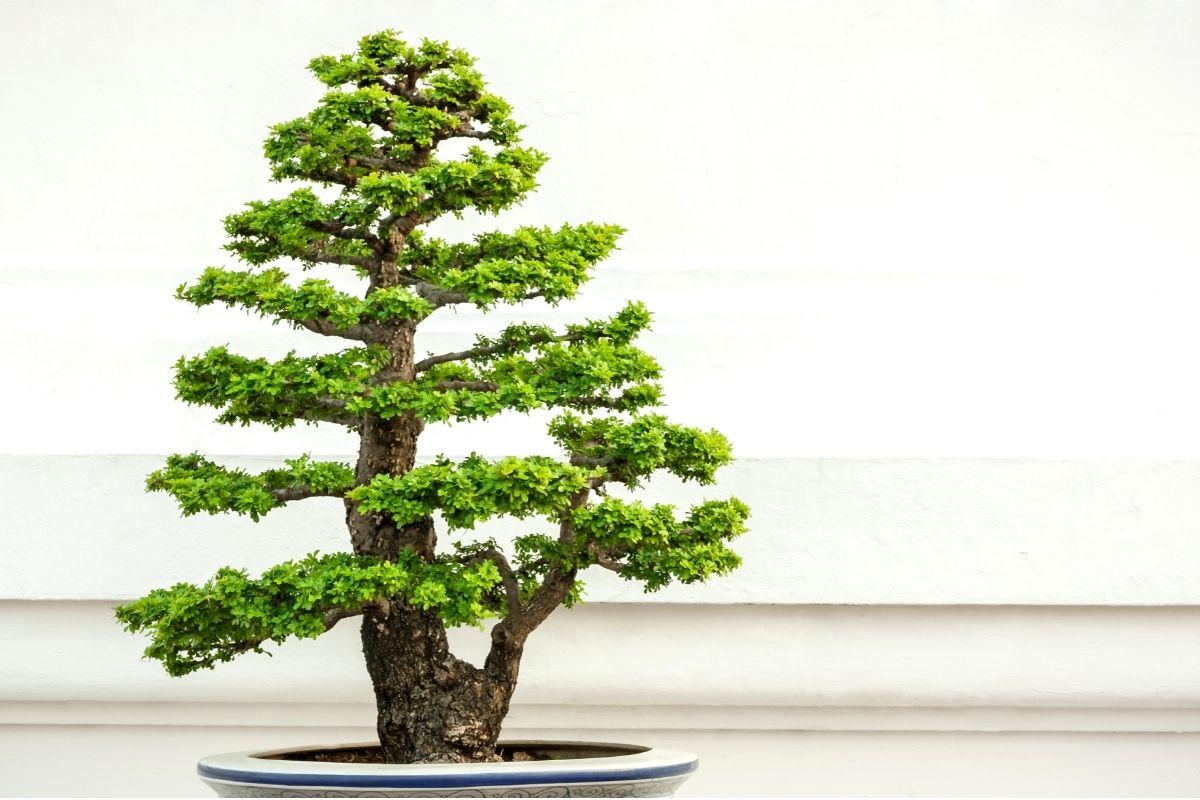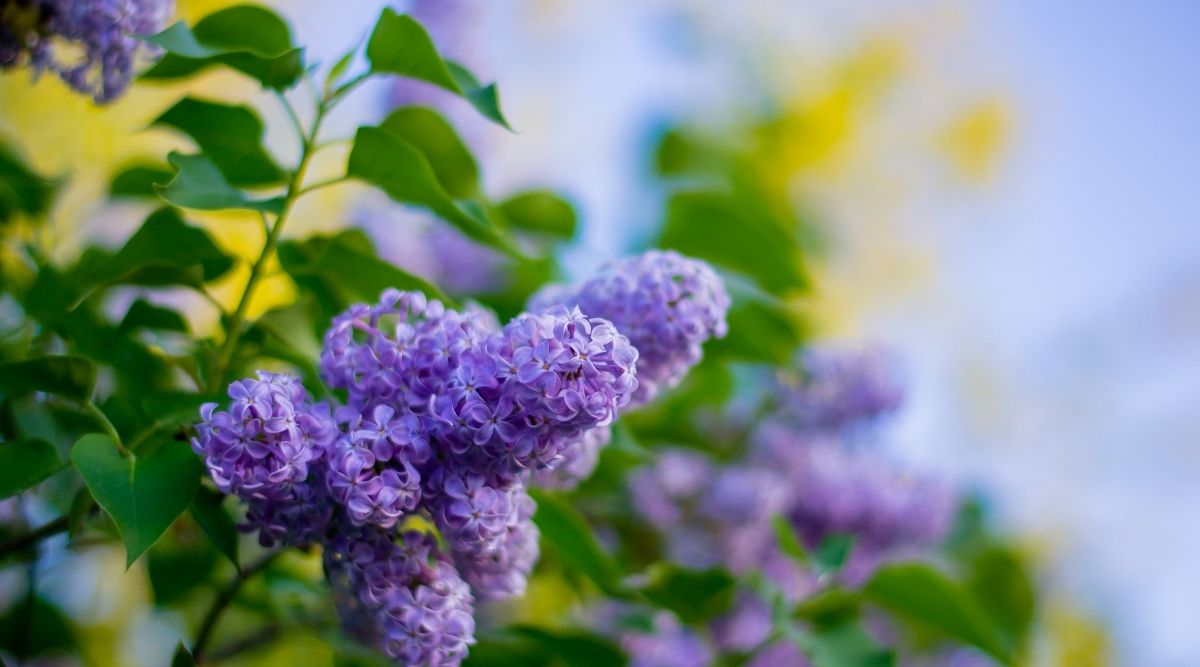Bonsai trees are renowned across the world for their ornamental appearance and precision, with the practice remaining a staple of Japanese horticulture to this day.
And while caring for your own bonsai tree can be rewarding, this does not mean that you won’t face some obstacles along the way.
Despite bonsai trees being hard to maintain, there are other factors that could pose a threat to your home and your beloved pets.
For example, it’s no secret that cats like chewing on plants, which is why owning a bonsai tree can be dangerous for your curious puss, with some species even being toxic.

Because of this, there are various measures that can be taken to ensure the safety of your feline friend – whether that be constant vigilance or purchasing a non-toxic plant.
So if you want to know more about keeping your cat and bonsai tree safe, then you have come to the right place.
In the following article, we have gathered some important information concerning bonsai trees and the threat they could pose to your cat. We have also included a detailed look at each species so that you can find the right tree for your home…
Are Bonsai Trees Poisonous To Cats?
While cats can make for adorable and attentive pets, they are also known for their bad habits, which can include clawing the furniture and chewing on houseplants.
In the wild, cats will consume plants for their nutrients and fiber, which is why you will sometimes find your housecat snacking on a plant or some grass.
Of course, this can be extremely dangerous for your bonsai tree, as very few species like being chewed on. However, it could also pose a threat to your cat, as many varieties of bonsai are known to be poisonous to domestic animals.
Because of this, it is recommended that you purchase a bonsai tree that is suitable for the elements of your home, which means a species that is non-toxic to your beloved puss.
So if you want to learn more about the best bonsai trees to keep in your home, we have compiled a list down below…
Non-Toxic Bonsai Trees For Cats
There is no tried and true method when it comes to buying a bonsai tree for your cat, as many felines will cohabitate with the plant without ever chewing on its leaves.
However, this is not always the case, which is why you will need to purchase a species of bonsai that is non-toxic to your beloved pet.
Despite the many species that class themselves as feline-safe, you should always seek the advice of a veterinarian before introducing a new plant species into your home. The following trees are widely considered the safest options for any cat-lover:
- Parlour palm
- Money tree
- Bamboo palm
- Ponytail palm
- Peperomia green
- Prayer plant
Note: bamboo palms are sometimes mistaken for lucky bamboo, which is a popular plant used in feng shui. This species is toxic and should not be used in a household with domestic animals.
Toxic Bonsai Trees For Cats

Now that you understand the best bonsai trees for your cat, let’s take a look at some of the species you should avoid. The following list contains the most toxic bonsai trees for your feline friend, with some even being fatal if consumed:
Sago Palm
Sago palm is a low maintenance bonsai tree that is adored for its tropical shape and fan-like leaves. However, the species is not suitable for cat-loving homes, as the tree is the most toxic bonsai for cats.
This is because the tree’s leaves contain a substance called cyasin, which can lead to liver failure if consumed.
Jade Plant
Jade plants are considered one of the most popular bonsai trees available, as they are easy to care for and boast beautiful leaves. While it is uncommon for cats to eat this species, prolonged exposure to its toxins can be fatal.
When caring for your jade plant, always check the leaves for bite marks, while also keeping note of any changes in your cat’s behavior.
Azalea Bonsai
Known for its pink flowers and snake-like trunk, the azalea is considered a quintessential bonsai tree, with the species remaining a firm favorite among enthusiasts.
However, the species is extremely poisonous to cats and should not be introduced into a home with feline inhabitants.
Boxwood Bonsai
Because of its hardy nature, the boxwood makes for an excellent bonsai, with the species being found in homes across the world. However, due to a combination of alkaloids and oil, this tree is extremely toxic to felines.
Fortunately, the bitter taste of the leaves often deters cats from nibbling on its branches, although it can still be fatal in large doses.
Other Notable Species
- Plum
- Cherry
- Fig
- Ficus
- Wysteria
While the species mentioned above are toxic, this does not mean that our list is exhaustive, which means you will need to do your own research before introducing a new bonsai into your home.
For more information, we recommend visiting this list of toxic and non-toxic plants, which is an excellent resource for keeping your cats safe.
How To Keep Bonsai Trees Away From Cats
If you are still interested in purchasing one of the toxic species we have mentioned, then there are countless methods you can use to cultivate the plant and keep your feline friends safe:
- Of course, one of the best ways to keep your cat safe is by purchasing a non-toxic species, although you will still need to seek professional advice to determine the best bonsai for your home.
- If your cat is an indoor animal, it is recommended that you choose a bonsai tree that can be grown in the garden, as this will keep the plant at a safe distance from your beloved pet.
- Keeping bonsai trees on an elevated platform can also be effective, although you will need to make sure that your cat has no access to the plants.
- Establishing a pet-free space for your plants is also considered a great way to keep your cats safe, while also exploring the meditative nature of the art form.
- If you want to keep your cats away from your bonsai trees, then why not distract them with a pot of catnip or silvervine. Not only are these plants safe for them to nibble, but they are also healthy and delicious.
What Are The Symptoms Of Bonsai Tree Poisoning?
Because of the toxic chemicals present in bonsai trees, there are certain symptoms that can be used to determine whether your cat has been poisoned. These include:
- Vomiting
- Lethargy
- Drooling
- Diarrhoea
- Seizures
- Coma
- Starvation
These symptoms are the main reason why you should keep your cats away from bonsai trees, as certain species could lead to your pet’s demise.
Final Thoughts
While bonsai trees and cat safety are not mutually exclusive, they can both be maintained with the correct planning and attitude.
For example, the perfect household will have both cats and bonsai living together, creating two wonderful companions that will stay with you for the rest of your life.
- Best Hanging Plant For Low Light - September 4, 2023
- Best Indoor Plants Florida - August 28, 2023
- Best Plants For Bathroom Smells - August 21, 2023








